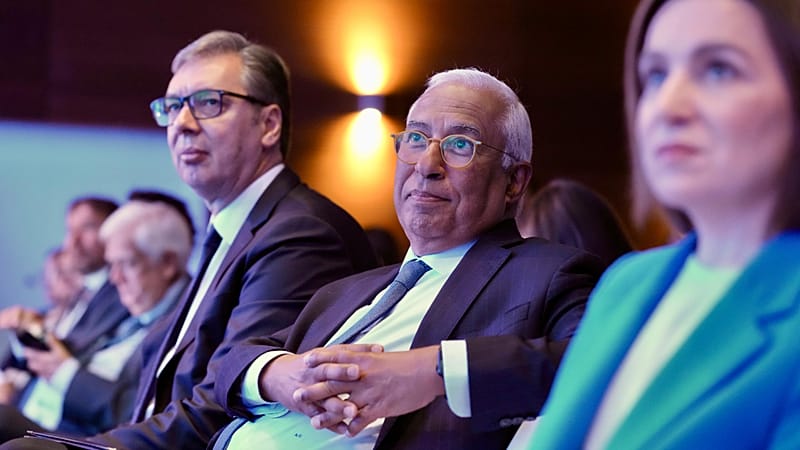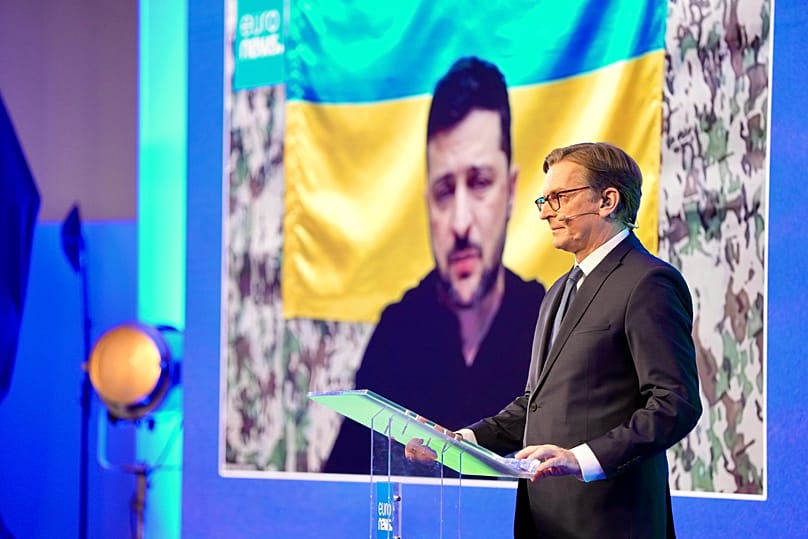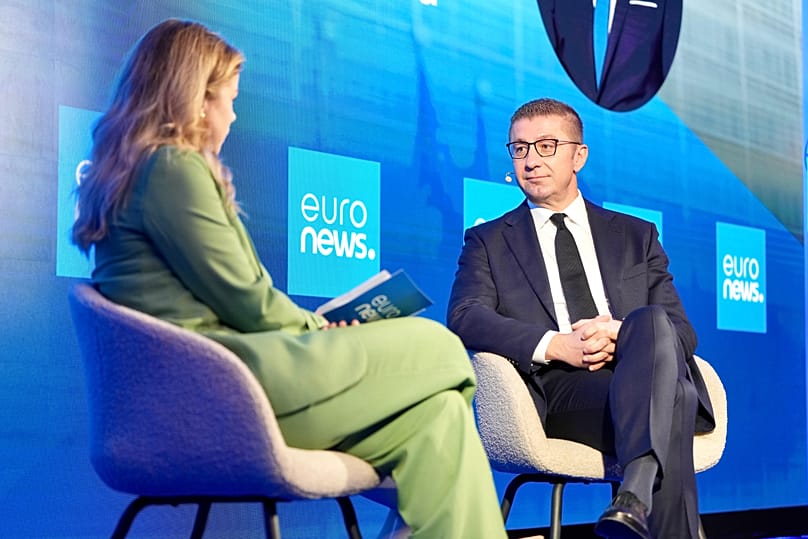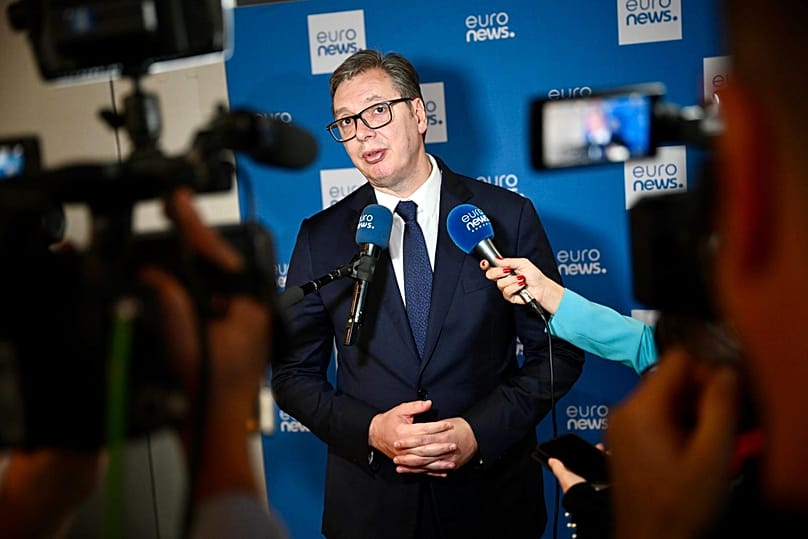
Following the Euronews summit in Brussels this week, the political debate on EU enlargement is heating up.
The gathering that brought together top officials from the EU and future member states showed the willingness to move the process forward, but also existing frustrations on both sides.
The sharpest focus was on the possible accession of Ukraine, which continues to be blocked by the Hungarian government in the European Council.
Budapest’s ongoing veto led to an intense back-and-forth between both sides.
Speaking to the Euronews summit via video-link, Ukrainian president Volodymyr Zelenskyy sharply criticized Prime Minister Viktor Orbán for obstructing Kyiv’s efforts to join the bloc.
“We are at war for our survival, and we would really like the prime minister of Hungary to support us, at least not block us,” Zelenskyy said.
He said he had no intention of offering concessions to Budapest, arguing that Hungary should instead support Ukraine’s defence of Europe.
"I think that Viktor Orbán has to offer something for Ukraine, which is protecting the whole Europe from Russia, and even now, during this war, we did not get any support from him, support for our vision of life," Zelenskyy added.

Zelenskyy’s remarks prompted a sharp rebuke by Orban.
“I must reject the suggestion that Hungary owes Ukraine anything. Ukraine does not defend Hungary from anyone or anything. We did not ask for such a thing, and we never will. Hungary’s security is guaranteed by our national defense capabilities and by NATO, of which Ukraine is fortunately not a member,” Orbán said.
Orbán who was scheduled to meet Donald Trump in Washington on Friday, was echoing the position of the US president who repeatedly rejected a possible NATO membership of Ukraine.
It is unclear whether Trump supports Ukraine’s EU membership, though.
What was clear at the Euronews Enlargement Summit was the willingness to move forward.
European Council President António Costa said the EU can no longer delay bringing new members into the bloc.
“The current geopolitical context makes this priority all the more urgent and necessary for the European Union,” he said. “In an age of geopolitical uncertainty and economic instability, an enlarged European Union means a safer, stronger and more peaceful Europe, at home and in the world. Enlarging is the best investment we can make today for our future.”
But whether those words will be heard everywhere, remains to be seen.

This week, the European Commission said that the EU could welcome new members as early as 2030 as it praised Montenegro, Albania, Ukraine and Moldova for their progress on reforms needed to join the bloc.
But Brussels also criticised Serbia for slowing down its reform process. It accused Georgia of "serious democratic backsliding" and said the former Soviet republic was now considered a candidate country "in name only".
A key frustration for the EU hopefuls is the use of national vetoes by individual national governments to stall the enlargement process.
Hristijan Mickoski, the prime Minister of North Macedonia, described it at the Euronews Summit as a form of "bullying."
North Macedonia’s path toward European Union membership has been one of the most protracted and politically complex in the bloc’s history. The country first applied for EU membership in 2004 and was granted candidate status in 2005, but its progress was long stalled by disputes with neighboring countries.
Bulgaria is currently blocking its progress, demanding new changes to the country's constitution over historical and linguistic issues.
Similarly, Serbian President Aleksandar Vučić also dismissed criticism of political polarisation in his country, arguing that division is a global trend rather than a uniquely Serbian problem.

“Tell me the name of a country without deep political polarisation. I don’t know the name,” Vučić said. “Is it Romania? Bulgaria? Germany? France? Great Britain? It’s happening all over the world because of social networks. That’s how it goes in today’s world. That’s the evidence of democracy, which is key.”
The Commission also took aim at Serbia's low alignment rate with the EU's foreign policy, especially sanctions against Russia in response to the full-scale invasion of Ukraine, and his decision to visit Moscow to attend a military parade.
“I'm not going to justify myself for talking with someone,” Vučić said. “I believe that everybody should talk to each other.”







